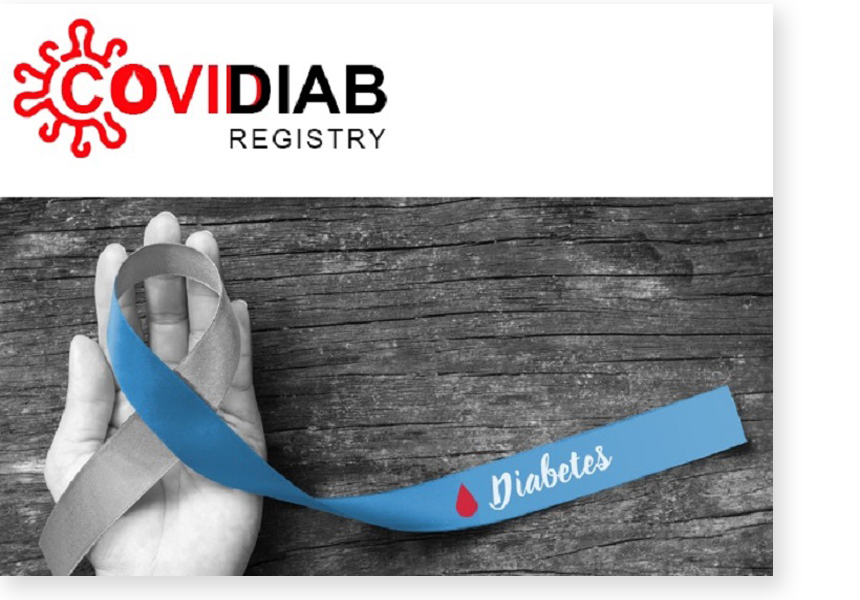
An international team of scientists are investigating a possible curious bi-directional relationship between COVID-19 and diabetes. The researchers, who are part of the CoviDiab project, have hypothesised that the SARS-CoV-2 infection maybe be triggering the onset of diabetes, and they have established a global registry to track occurrence of events and are calling for doctors around the world to contribute reports of cases of new-onset diabetes associated with COVID-19.
The CoviDiab registry is utilising Dendrite Clinical Systems’ innovative “Intellect Web” software to collect new cases of diabetes in patients with COVID-19 to understand the extent and the characteristics of the manifestations of diabetes in patients with COVID-19, and the best strategies for the treatment and monitoring of affected patients, during and after the pandemic. Since the CoviDiab registry was launched a small but growing body of evidence suggests a relationship between new-onset diabetes and COVID-19.
“Over the last few months, we’ve seen more cases of patients that had either developed diabetes during the Covid-19 experience, or shortly after that,” Rubino recently told The Guardian. “We are now starting to think the link is probably true – there is an ability of the virus to cause a malfunctioning of sugar metabolism.”
Despite an association between newly diagnosed diabetes and COVID-19, questions remain regarding causation remain.
It is known SARS-Cov-2 binds to ACE-2 receptors, which are expressed in several key metabolic organs and tissues including the pancreatic β-cells, adipose tissue, small intestine, liver and kidney, CoviDiab researchers stated. Therefore, it is plausible that SARS-Cov-2 could cause multiple co-existing alterations of glucose metabolism that can complicate the pathophysiology of pre-existing diabetes or lead to new mechanisms of disease.
The goal of the registry is to establish the extent and phenotype of new-onset diabetes that is defined by hyperglycaemia, confirmed Covid-19, a negative history of diabetes, and a history of a normal glycated haemoglobin level. The registry, which will be expanded to include patients with pre-existing diabetes who present with severe acute metabolic disturbance, may also be used to investigate the epidemiologic features and pathogenesis of Covid-19–related diabetes and to gain clues regarding appropriate care for patients during and after the course of Covid-19.
The researchers indicated they plan to begin a preliminary analysis once the registry reaches 200 case reports.
To read additional news articles reporting on the CoviDiab project, please see:
For more information on the CoviDiab project, please click here
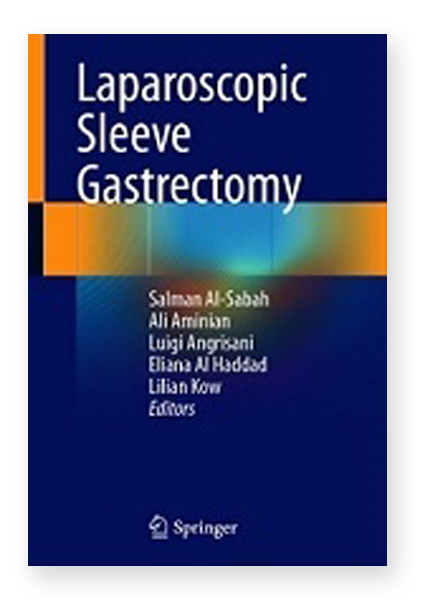 Dendrite Clinical Systems is delighted to report that our Managing Director, Dr Peter Walton, has published a chapter discussing the value of clinical registries in new publication on Laparoscopic Sleeve Gastrectomy (LSG). In his Chapter, Dr Peter Walton outlines value of national bariatric registries and their capability to deliver evidence on a global basis, as well as providing some practical perspectives on best practice when setting out to start a national registry and how to keep a good registry going.
Dendrite Clinical Systems is delighted to report that our Managing Director, Dr Peter Walton, has published a chapter discussing the value of clinical registries in new publication on Laparoscopic Sleeve Gastrectomy (LSG). In his Chapter, Dr Peter Walton outlines value of national bariatric registries and their capability to deliver evidence on a global basis, as well as providing some practical perspectives on best practice when setting out to start a national registry and how to keep a good registry going. Dendrite Clinical Systems and the Institute for Health Research (IGES) in Berlin, Germany, have initiated the Outpatient Treatment of COVID-19 Infections (ABC-19) study, to record data on the treatment of COVID-19 patients and discover more about the outpatient course of the disease, the individual risk factors of patients that contribute to severe COVID-19 courses and the procedures of general practitioners (GPs).
Dendrite Clinical Systems and the Institute for Health Research (IGES) in Berlin, Germany, have initiated the Outpatient Treatment of COVID-19 Infections (ABC-19) study, to record data on the treatment of COVID-19 patients and discover more about the outpatient course of the disease, the individual risk factors of patients that contribute to severe COVID-19 courses and the procedures of general practitioners (GPs).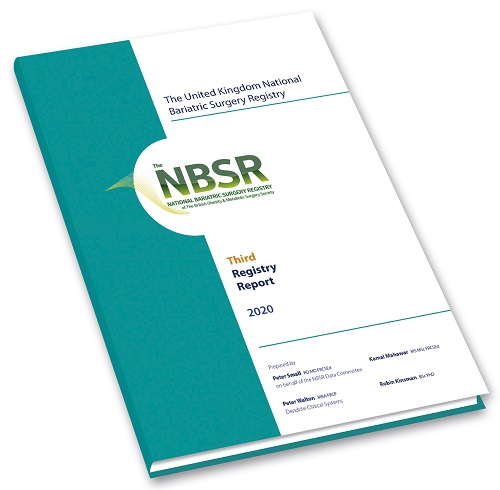
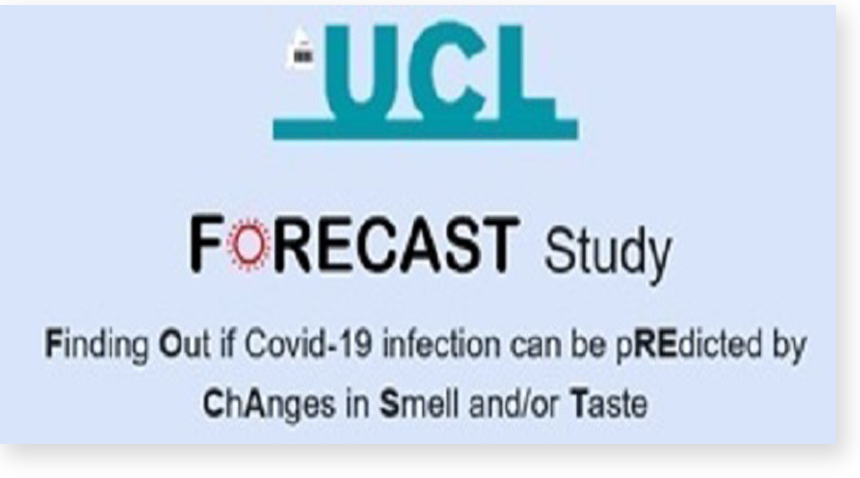 Researchers at the University College London and University College London Hospitals NHS Foundation Trust), London, UK, have reported that the vast majority of participants with new onset loss of smell were positive for COVID19, and this acute loss of sense of smell needs to be considered globally as a criterion for self-isolation, testing and contact tracing in order to contain the spread of COVID-19.
Researchers at the University College London and University College London Hospitals NHS Foundation Trust), London, UK, have reported that the vast majority of participants with new onset loss of smell were positive for COVID19, and this acute loss of sense of smell needs to be considered globally as a criterion for self-isolation, testing and contact tracing in order to contain the spread of COVID-19.
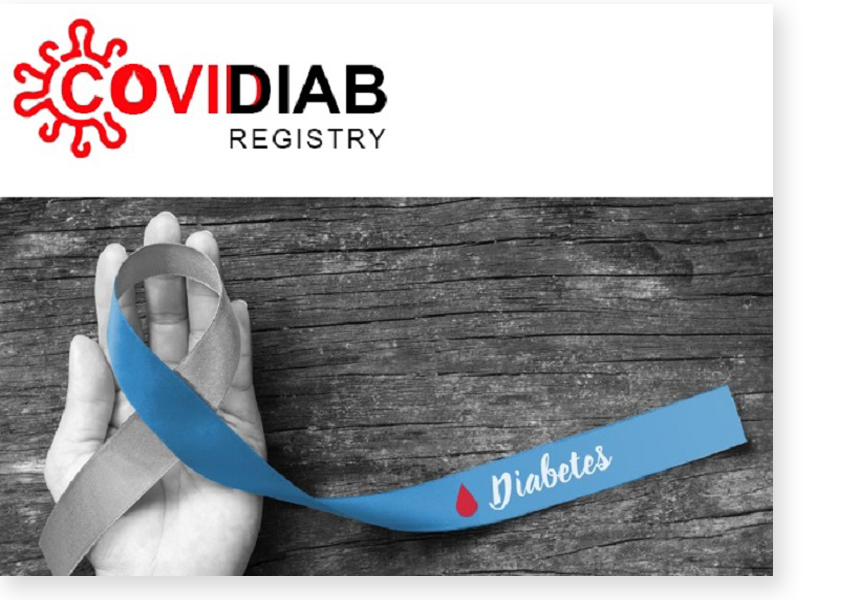 Dendrite Clinical Systems’ innovative “Intellect Web” software has been chosen by an international group of 17 leading diabetes experts from the multidisciplinary Diabetes Surgery Summit (DSS), as the platform on which the CoviDiab project will establish a Global Registry to collect new cases of diabetes in patients with COVID-19.
Dendrite Clinical Systems’ innovative “Intellect Web” software has been chosen by an international group of 17 leading diabetes experts from the multidisciplinary Diabetes Surgery Summit (DSS), as the platform on which the CoviDiab project will establish a Global Registry to collect new cases of diabetes in patients with COVID-19.


